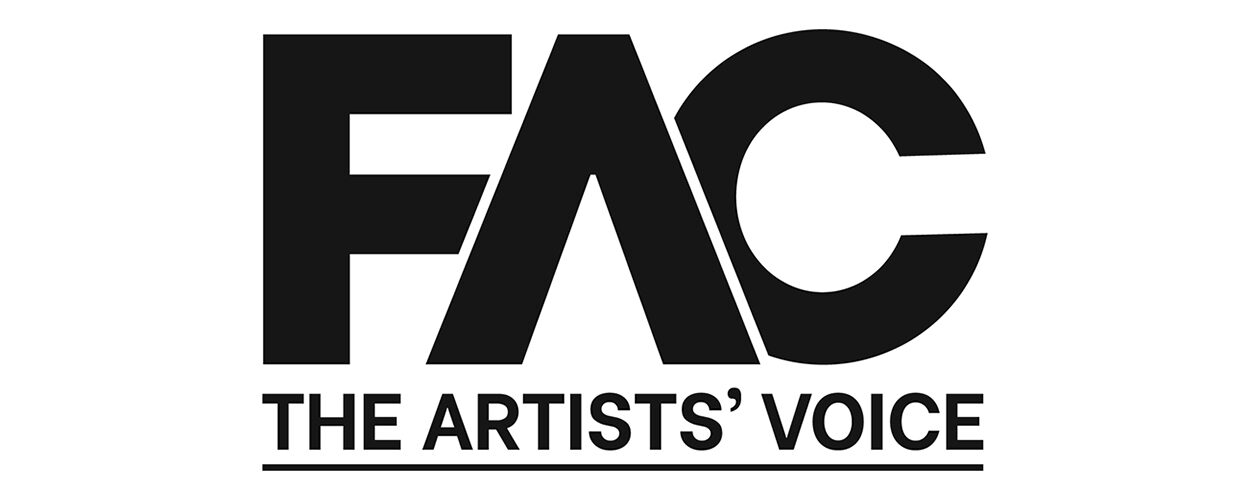This website uses cookies so that we can provide you with the best user experience possible. Cookie information is stored in your browser and performs functions such as recognising you when you return to our website and helping our team to understand which sections of the website you find most interesting and useful.
Business News Digital
Economics Of Streaming Perspectives: Featured Artists Coalition
By CMU Editorial | Published on Thursday 1 June 2023

Following the announcements this week about the ongoing UK government-led economics of music streaming work, we spoke to representatives from some of the organisations involved in that work to get their perspectives on what has been achieved so far and what should happen next.
This time David Martin, CEO of the Featured Artists Coalition, the UK organisation for featured artists, so the music-makers who are up front on stage, releasing music under their own name or brand, and building relationships with a fanbase.
What do you think have been the most important aspects of the IPO led projects that were instigated after the select committee inquiry?
When the DCMS Select Committee called for a “complete reset” of streaming, it made a number of recommendations that are fundamental to achieving this outcome.
Of the ongoing IPO-led workstreams on remuneration, metadata and transparency, each is important to ensuring that artists are properly paid, able to know what their income should be and can understand how their businesses work. The three strands cannot be separated if the DCMS Select Committee’s calls are to be fulfilled.
While there has been some progress on the data and transparency aspects, progress around remuneration has been slow and must now see dedicated focus, which we look forward to contributing to via the remuneration working group, details of which have now been announced.
The role of ministers and the IPO in providing the forum and incentive for the various parts of the sector to discuss this work has been vital.
What do you think should be the priorities of the music-maker remuneration working group that is now being convened?
Work on music-maker remuneration needs to be approached in an open way. Aspects such as rights reversion, contract adjustment, equitable remuneration, minimum digital royalty rates and unrecouped artist balances must all be explored. All parties should also remain open to other innovative ways that might be considered to address the imbalance in how artists are paid from streaming.
The IPO has already undertaken research on the three copyright reforms proposed by the select committee – ie reversion rights, contract adjustment rights and performer ER. What is your current position on those proposals?
The FAC is open to all proposals aimed at ensuring the value that artists create within the streaming economy is fairly and proportionately rewarded. This must include a thorough evaluation of the three research pieces and consideration of how implementing such policies might redress financial imbalances.
There are credible, international examples of all three of these types of reform being implemented without undermining the value of respective national music industries. In fact, there are good examples of these types of copyright proposals stimulating new activity in other markets.
There has been a lot of discussion of late about reforming the way streaming monies are allocated to individual tracks and catalogues. How can the ongoing economics of streaming work in the UK inform and influence that conversation?
It is clear that the case for a user-centric type payment system is becoming more compelling, particularly in overcoming fraud and building direct artist-fan connections.
However, as we have seen with streaming to date, problems are created where segments of the industry seek to operate unilaterally and any proposals on new, so called artist-centric payment models must be developed with input from the artist community.
The IPO have created a forum which is the right place for such discussions to take place and the global music industry is closely watching the UK’s work in this area.
How do you think the undertakings in the metadata code will impact on the way streaming services work and music-makers get paid?
The signing of the metadata code is a small, but important step. There is much more to do if music-makers are to be properly and accurately credited and paid. I hope that along with the announced work on key performance indicators, the code will be the start of a journey towards a gold standard in data handling, which the UK will be at the forefront of.
How can your members help ensure the metadata code has the maximum impact? What measures would you encourage them to implement?
Artists and other music-makers have a key role to play in ensuring that data is accurate and up to date, ensuring it can be well managed in the streaming ecosystem. The FAC will support its members, to ensure that they are aware of the importance of providing information, such as song splits and performer data, and by providing access to education and relevant updates which affect standard processes.
How can other stakeholders in the music community ensure that the metadata code has the maximum impact? What measures would you encourage them to implement?
If all parties act within the spirit of the code and seek to promote it across their segment of the industry, we have a chance to change the industry for the better and modernise the way that music is managed in the digital era.
This will go a long way towards ensuring that our sector is future proofed, in light of ongoing technological advances. Therefore, I would strongly urge all parties not only to implement the code, but to commit fully to the next stages of the process to develop credible key performance indicators and improve the quality of music data.





